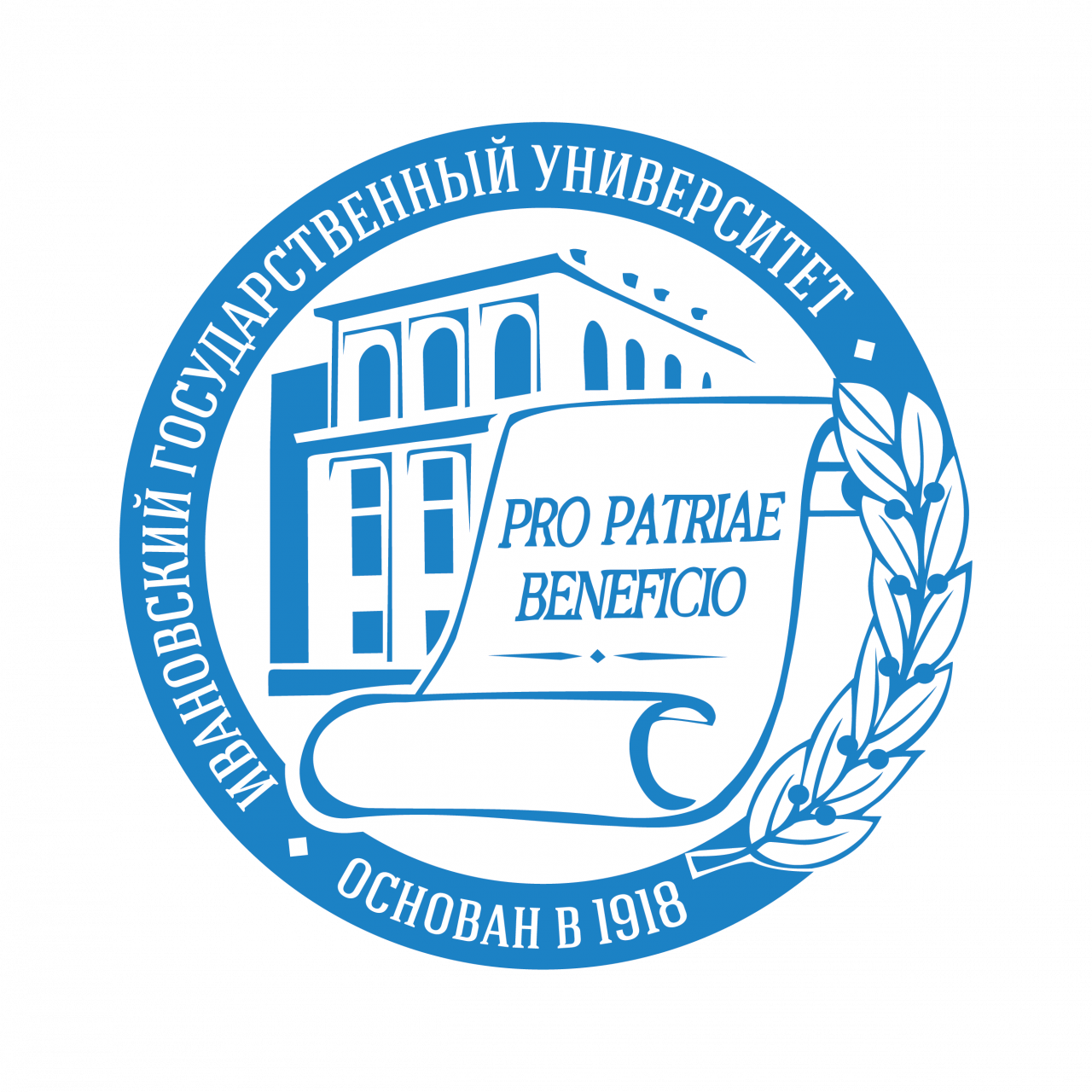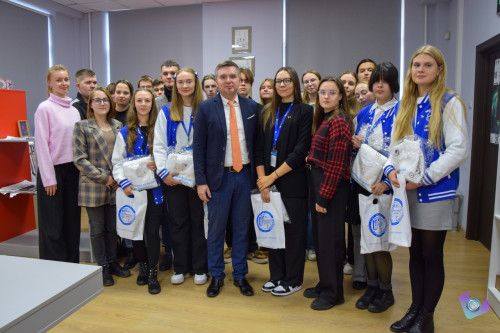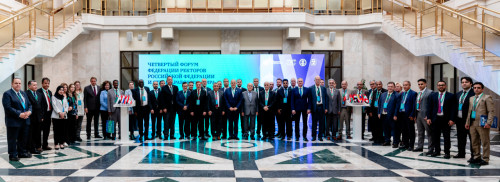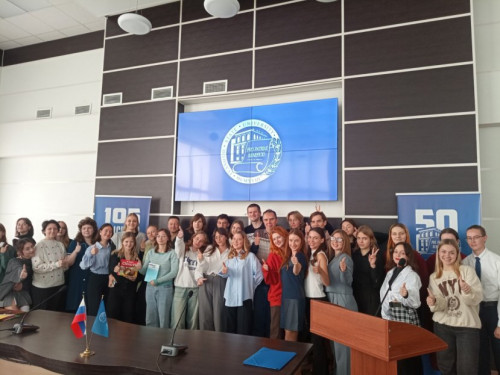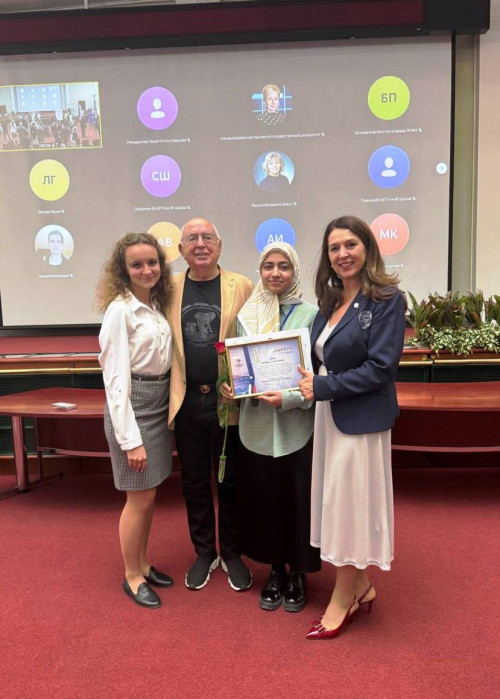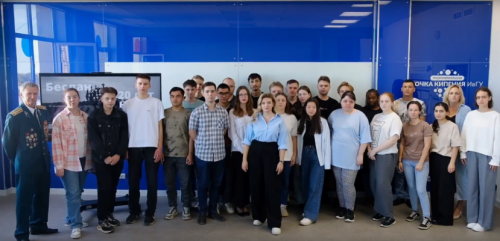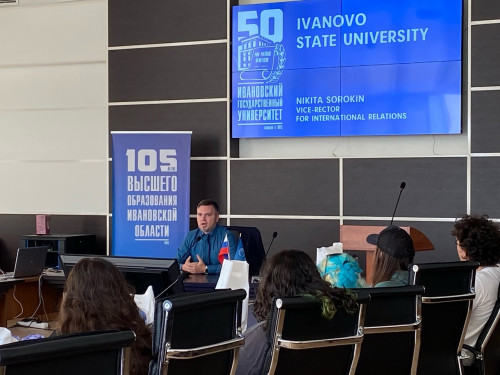ПН-ЧТ: 8:30-17:00;
ПТ: 8:30-16:00;
-
О вузе
- • Ученый совет
- • Ректорат
- • Институты и факультеты
- • Исследования и проекты
- • Преподавателю и сотруднику
- • Дополнительное образование
- • Международная деятельность
- • Научные журналы
- • Контакты
- • Центр «Ин'Яз»
- • УМЦ «Перспектива»
- • Противодействие коррупции
- • Документы
- • Отделы и подразделения
- • Против террора
- • Первичная профсоюзная организация работников ФГБОУ ВО «Ивановский государственный университет»
- • Конкурсы на замещение должностей
- • Брендбук
- • Вход в систему ЭИОС
- • Центр тестирования иностранных граждан ИвГУ
- • Координационный центр ИвГУ
- • Вход в корпоративную почту
- • Национальный проект «Наука и университеты»
- • Федеральный проект «Содействие занятости»
- • Совет ректоров
- • Выборы ректора ИвГУ — 2025
-
Абитуриентам
- • Гид абитуриента
- • Приемная комиссия
- • Подготовительные курсы
- • Платные образовательные услуги
- • Общежития
- • Порядок заселения в общежития
- • Отзывы выпускников
- • Разбор олимпиадных заданий
- • Проект «Университетский лицей»
- • Видеоматериалы для подготовки к ЕГЭ
- • Центр профессиональной ориентации и содействия трудоустройству выпускников «Карьера»
- • Многопрофильная зимняя школа. Лекции по предметам гуманитарного цикла для победителей олимпиад
- • Олимпиада "Большие надежды малых городов"
-
Обучающимся
- • Библиотека
- • Документы
- • Институты и факультеты
- • Калькулятор пени
- • Обучение
- • Расписание
- • Спортивные новости
- • Иностранным студентам
- • Профком
- • Общежития
- • Охрана здоровья
- • Дистанционное обучение
- • Центр профессиональной ориентации и содействия трудоустройству выпускников «Карьера»
- • КОСС
- • Аспирантура
- • Информация о конкурсах и грантах
- • Дистанционные занятия для иностранных студентов
- • Страница добра
- • Ресурсный волонтерский центр финансового просвещения ИвГУ
- • Платные образовательные услуги
- Выпускникам
-
Сведения об образовательной организации
- • Основные сведения
- • Структура и органы управления образовательной организацией
- • Документы
- • Образование
- • Образовательные стандарты и требования
- • Материально-техническое обеспечение и оснащённость образовательного процесса. Доступная среда
- • Стипендии и меры поддержки обучающихся
- • Платные образовательные услуги
- • Финансово-хозяйственная деятельность
- • Вакантные места для приёма (перевода)
- • Абитуриенту
- • Международное сотрудничество
- • Внутренняя система оценки качества образования
- • Руководство
- • Педагогический состав
- • Организация питания в образовательной организации
